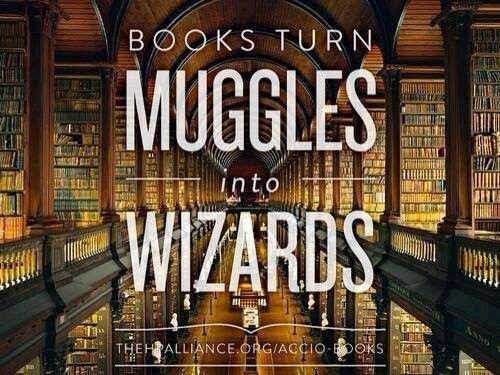"Education is an admirable thing, but it is well to
remember from time to time that
nothing that is worth knowing can be taught," - Oscar
Wilde.
2014
will soon be a memory. As has
become my custom, early in 2015 I will publish the three words that will serve as
my guideposts for the year. Choosing the words for the year has taken a
different form each time I’ve completed this exercise, and this year will
likely see yet another refinement of the process. Though it was not a stated or
even consciously recognized goal of this list, I spent a lot of time in deep
reflection this year which I found quite helpful. You introverts, might be on to something.
Lessons Learned from My 3 words
for 2014
2. Climb – Of all my words this one took the longest to realize any progress. Perhaps more to the point, I had the
greatest physical difficulty with this concept. It’s only in the past few months that I’ve been able to
acknowledge that I’ve made any movement in this area at all. In many ways, this word is tied closely
to my expression of Breathe (above).
I still get caught up in the hyper-focused tunnel vision that causes us
to miss opportunities. This year,
however, I’ve been able to force myself to take time to appreciate being in the
moment. These metaphoric (and not
so metaphoric) vistas have been truly amazing stops along the way and provided
much needed inspiration throughout the year.
3. Flow – Developing a mind of compassion, as our Buddhist friends would say, has
been fundamental to my ability to embrace flow. Following the events of 2012
and early 2013 I was hurt, angry, and determined to never be “a sucker”
again. Likely at the time I couldn’t
see that I’d become difficult to be around, grumpy, and in pain. Not very pleasant, I’m sure. Re-learning
to enter the flow life and to fully embrace compassion (toward others and
myself) brought me out of a very sad, lonely, dark place. This practice, inspired by prayer,
reading, meditation, spiritual direction, Aikido and the counsel of friends and
family – helped me get back on track.
These
words didn’t solve all my problems, or any of my problems for that matter, but
they gave me a framework with which to process life over the past year. Whatever it is I've learned thus far, I couldn't find in a book, training video, or seminar. It had to be lived to be learned. That said...
It’s been a pretty good year!
Now it’s time to choose the
words for what is to come. Events are
already set in motion to give flavor to what is ahead, but these three words
and the associated attitude will shape the lens through which I view the world
for another year.
Next post, My 3 Words for
2015.
Post Script: In addition to my 3 words for 2014 I had some goals for the year.
Writing: Write 52 Short Stories by Dec. 31st
2014. – THIS DID NOT HAPPEN. I wrote about 10 stories this year, yet
none of them are ready to submit for publication
Fitness: Return to my 2011 goal weight by Dec. 31st
2014. – I made progress, but did not make it by December 31st. I am currently 10.6 lbs from the goal.
ORIGINS
– Author/blogger Mitch Joel at “Six Pixels of Separation” turned me onto Chris
Brogan’s practice of identifying “3 Words” for the year. These three words then serve as
motivation and guidelines for all that you do during the year. Brogan, explains it like this, “In an effort to tell bigger stories, I've found that the concept of three words allows me to think in
more dimensions about what I want to do with my life and it lets me apply lots
of tangible goals instead of what most people do when they focus on just a
finite task.”
See
my 3 Words for 2013
Chris
Brogan: http://www.chrisbrogan.com/my-3-words-for-2013/






